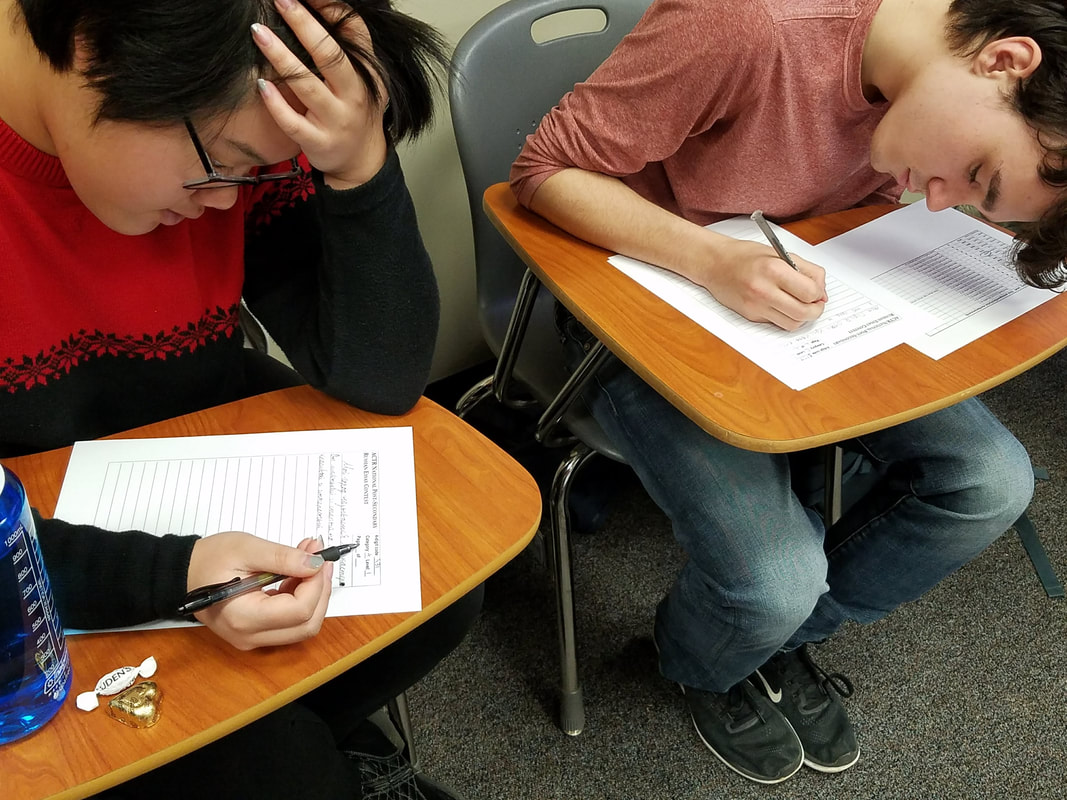2024 National Post-Secondary Russian Essay Contest (NPSREC)
This contest, established in 1999 by ACTR, has become a signature Russian language contest for post-secondary students around the country. Students taking Russian in accredited colleges and universities are invited to participate in the annual National Post-Secondary Russian Essay Contest sponsored by the American Council of Teachers of Russian (ACTR).
Who can register?
How much does it cost?
What are the deadlines?
Quick Links
Register and Manage Submissions
Administering the Contest Instructions for essay submissions Evaluation of the Essays Overview of Categories and Levels Check your membership status and pay your dues.
Administering the Contest:
Student Categories and Levels
CRITERIA FOR CATEGORIES AND LEVELS [NEWLY REVISED FOR 2022]
STUDENTS OTHER THAN HERITAGE SPEAKERS
Category A: Students who do not and did not ever speak Russian or any other Slavic language at home, in the community.
Category B: Native or heritage speakers of a Slavic language other than Russian and of languages of the former Soviet Union who might have had minimal prior experience with Russian, i.e., have not regularly spoken or heard Russian and did not take Russian language classes at school, but may have been exposed to TV, internet, radio or other community-based content in Russian. Students of Russian heritage who did not grow up speaking Russian with their families, but who have been exposed to hearing Russian at home and have at least some listening comprehension skills that distinguish them from non-heritage novice L2 learners. These students can understand a variety of basic questions (about themselves, their immediate environment), but cannot maintain a conversation in Russian; their answers are limited to isolated words or phrases. They do not have any reading or writing skills before college. The LEVELS for Categories A and B are based on the number of contact hours of formal Russian language instruction at the time of the essay contest, including high school:
Category C: Students with pre-college experience with Russian (heritage speakers and students from the FSU with more than minimal prior language experience)
|
2024 CONTEST FORMS
These forms will now be available for printing out through the ACTR Contest Registration system by the day the essay topic is announced.
CONTACT US
Raquel Greene, Co-chair greener at grinnell.edu Elizabeth Ewaskio, Co-chair elizabeth.ewaskio at utah.edu Maria Khotimsky, Co-chair khotimsk at mit.edu |


